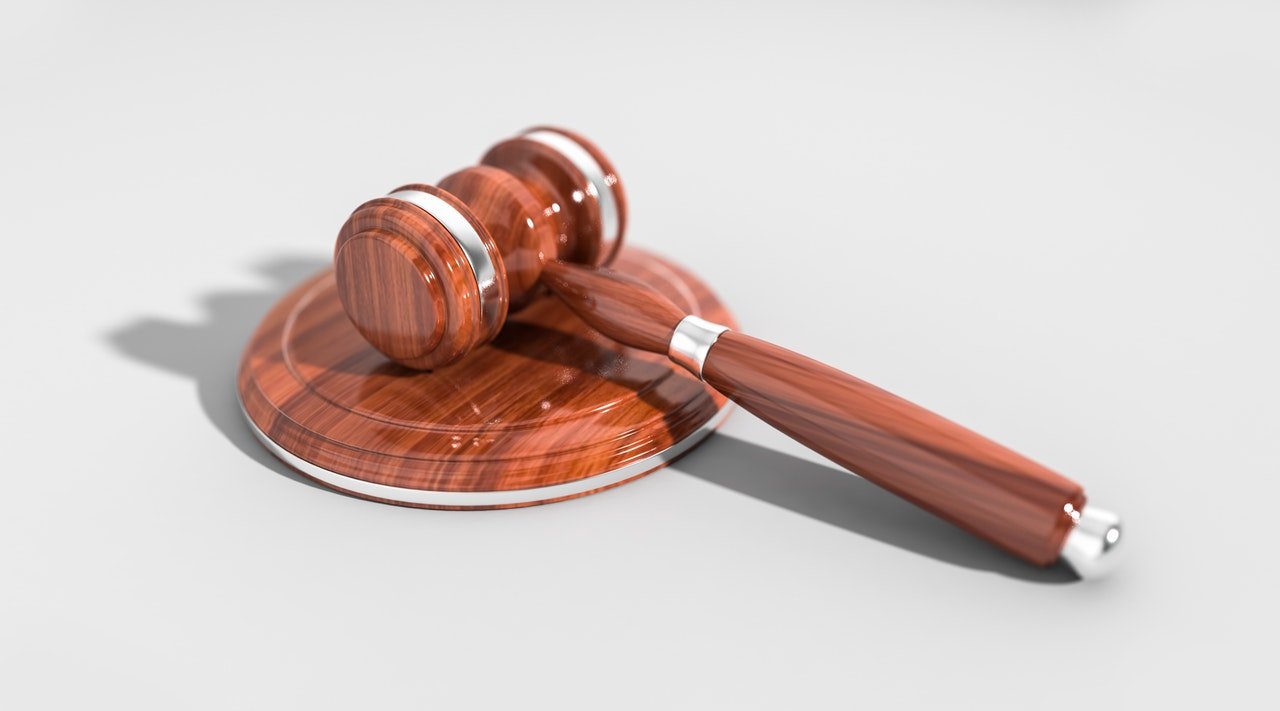The term "crimes against humanity" emerged after World War II. To name and determine responsibility for the events that took place during the war. The implementation of this concept was intended to punish state agents who had sponsored torture or genocide against the civilian population.
According to the rules set out in the Nuremberg Statute, States are obliged to bring international criminals to trial. Or, failing that, to hand them over to the appropriate bodies for trial. This regulation was reinforced in 1948 by the Declaration of Human Rights, adopted by the United Nations General Assembly.
The figure of international jurisdiction was coined to execute such actions. It is formally defined as "a legal principle that allows or requires a State to criminally prosecute certain crimes, regardless of the place where they were committed and regardless of the nationality of the perpetrator and the victim"as explained in the publication: The Principles of Universal Jurisdiction and Complementarity of the international journal Review of the Red Cross. This principle of law was established in the four Geneva Conventions of 1949.
However, it was not until 1998 that the International Criminal Court was established. An independent legal entity that can act against crimes against humanity, war crimes, genocide and aggression.
Legal proceedings involving universal jurisdiction cases tend to be slow and complicated. Because they handle a different dynamic than that established in other litigation. In general, there are several parties involved, countless affected parties and, to top it off, political and economic interests that try not to be impacted by the actions.
To overcome the territoriality limitation. International law has been recognizing that courts may have certain forms of extraterritorial jurisdiction, directly imposing sanctions or liabilities on a particular individual. Similarly, heads of state or authorities in general are not exempt from prosecution.
Prevention: A great opportunity for international justice
The will, ethics and perseverance of legal professionals in various parts of the world have made it possible for the violation of human rights not to go unpunished.
To achieve this, they have had to deal with multiple setbacks and pressures of all kinds. It must not be forgotten that it is a matter of executing the Law in the face of crimes whose perpetrators have the capacity to mobilize diplomatic, economic and military resources. That can hinder the legal process.
To counteract these evasion mechanisms. International jurisdiction is a necessary alternative to prevent and punish crimes against humanity that are difficult to punish by the State itself.
Each State that subscribes to the agreements established to safeguard universal jurisdiction has the responsibility to prevent and punish these international crimes. Impunity for these crimes is a way of continuing to promote them. On the contrary, committing to comply with this principle is the simplest way to avoid this type of crimes of great proportions and consequences for humanity.
A documentary to remember
The Code took on the responsibility of bringing to the big screen the titanic work of the lawyers in charge of defending the victims of international crimes.
Through the experience of Spanish judge Baltasar Garzón, who ordered the arrest of Chilean dictator Augusto Pinochet. The documentary describes the implications of the judicial processes carried out by hundreds of jurists around the world. To determine responsibilities and punish those guilty of major economic, environmental, financial, political and war crimes that violate the rights of humanity.
The Code - in the words of its director, Carles Caparrós - seeks to collaborate with bringing the legal language and its possibilities closer to the majority. "It is a film of heroes, brave jurists and classic film noir characters. Our team has been developing this project for three years now. Convinced of its importance to publicize the work of legal activists," said Caparrós.
At the firm Alan Aldana & Abogados we contribute our grain of sand. To support the crystallization of this project, which will undoubtedly highlight the value of universal jurisdiction and will make it possible for more and more crimes against humanity to find justice. At the moment the documentary has met the fundraising goal to be taken to the cinema screen. Click here for more information about the initiative.
Sources consulted













